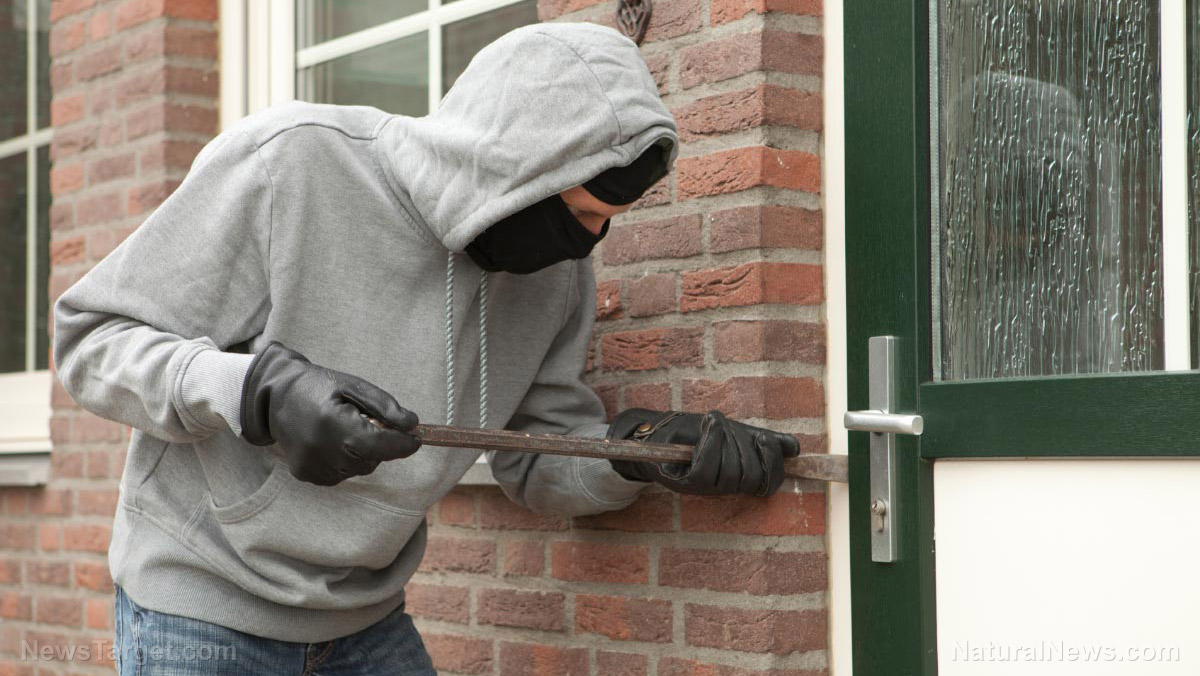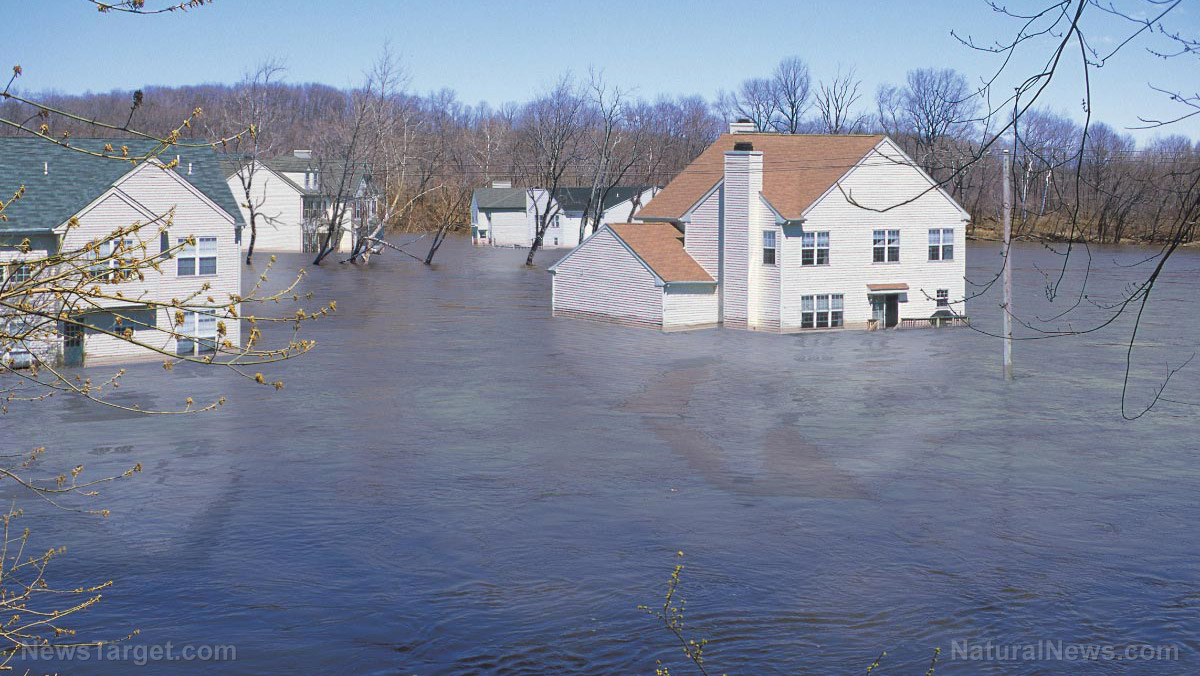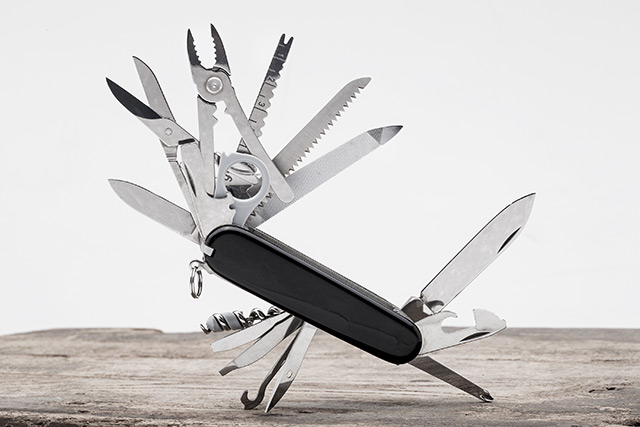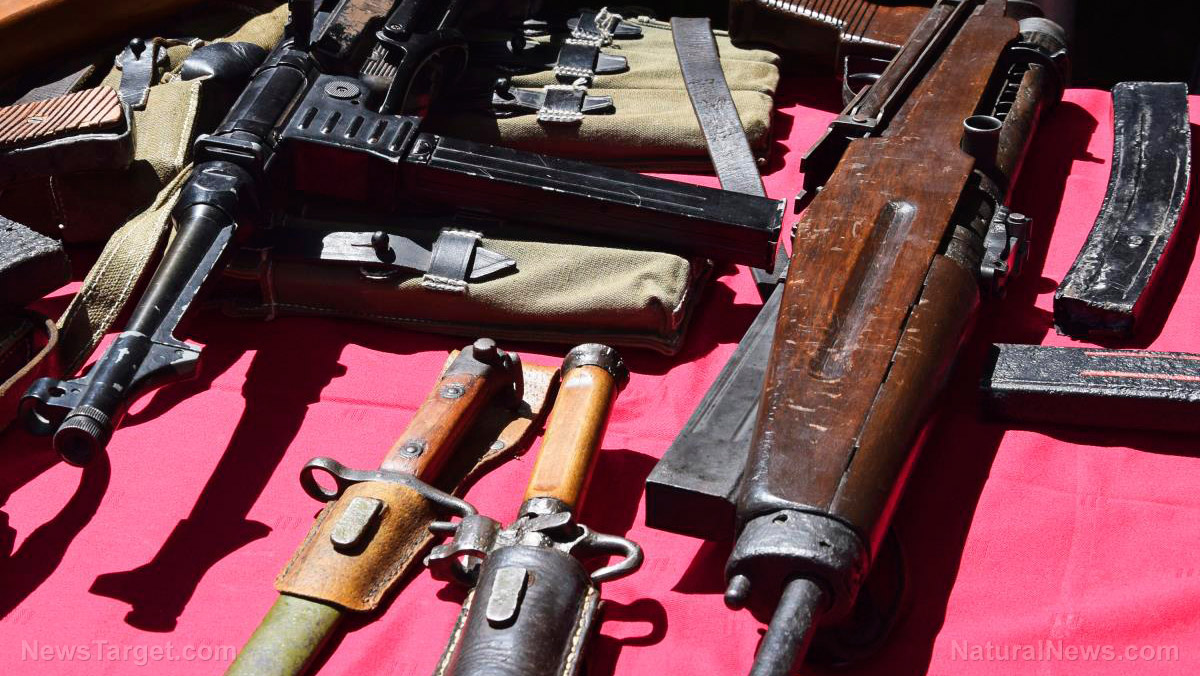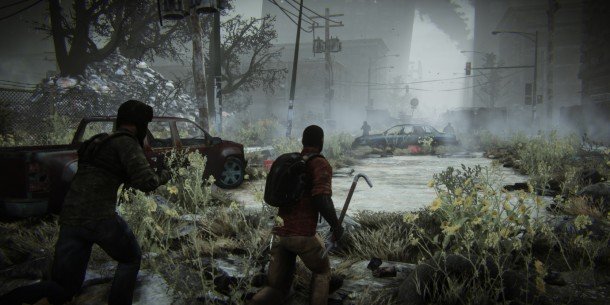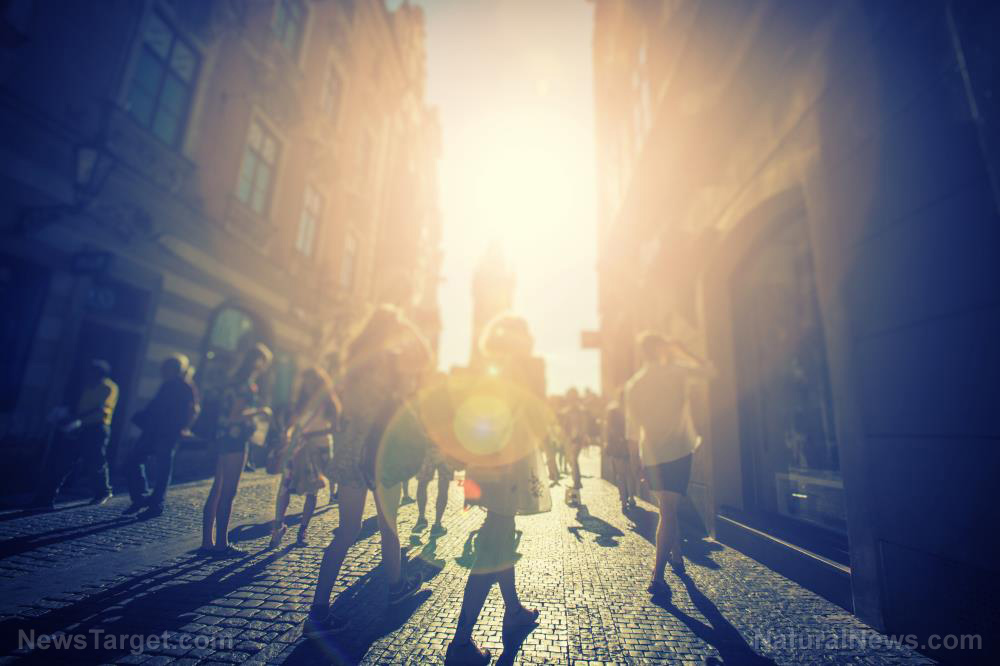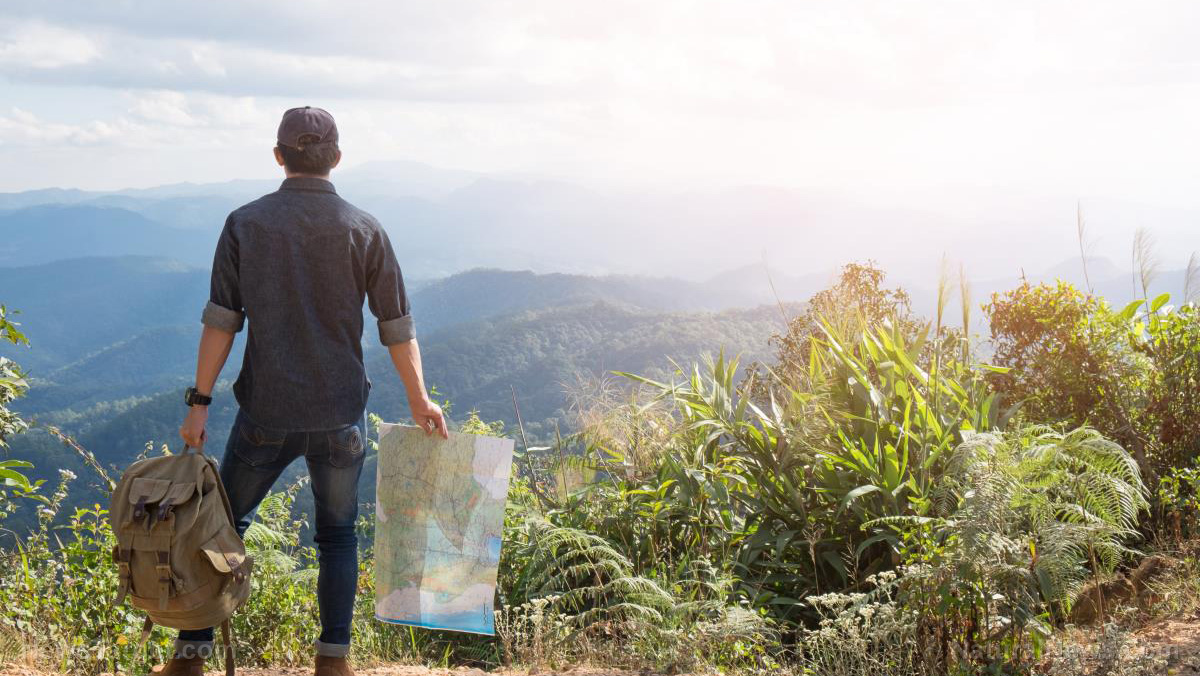What would really happen if things went down? Counting down the 10 most likely things that’ll happen when SHTF
03/26/2019 / By Tracey Watson

We live in an unstable world, where even countries that look financially and politically stable can suddenly descend into chaos. Venezuela is an excellent – albeit sad – example of this. Once the richest country in all of Latin America thanks to its huge oil reserves, Venezuela now resembles a war zone. Residents of this once thriving country are now forced to cope with crippling inflation, devastating food shortages, virtually non-existent healthcare, and most recently, electricity blackouts.
While we all hope that the United States will never have to face this type of devastating scenario, the reality is that nobody can predict what will happen in the future. Reflecting calmly on just what might happen in a catastrophic grid-down situation can help put things in perspective and provide the push needed to knuckle down and start preparing for any potential future “what-ifs.”
The 10 most likely grid-down scenarios
Urban Survival Site recently provided a list of the most likely things that would happen if some type of disaster should cause the national grid to go down.
No more supply trucks
Soon after a grid-down situation ensues, supply trucks will likely stop running, leaving store shelves empty and unable to supply the food and other goods that we would so urgently need in this type of situation. This is yet another reason why obtaining the right type of storable survival food now is so important.
No more stores
With stores and restaurants unable to source supplies, most will be forced to close their doors within days. Some people will very quickly realize this, and looting and rioting can be expected to ensue within hours.
No more school
Unable to continue with normal schooling amid the chaos, schools will likely shut down quickly. Since school administrators are unlikely to allow children to leave unaccompanied, parents would need to make their way there through the chaos to collect their kids and take them home.
No more business
All commerce as we know it will shut down completely in a grid-down situation. While cash might still be used – at least for a while – banks would be closed and ATMs would not be operational. Most people will quickly switch from buying things for cash to trading (or bartering) with others to exchange goods they have in excess for those they need from other people.
No more fuel
No supply trucks also means no gasoline. And that doesn’t just mean we won’t be able to use our vehicles. The generators that many would hope to rely on for electricity will also need fuel.
No cell phone reception
Cellular phones and the internet will likely go out of service quickly after the grid goes down, making it even more important to invest in a HAM or CB radio now – while you still can. Bear in mind that no internet also means no email communication.
No functioning post offices
With no email communication available, old-fashioned letters may once more become a preferred method of communication. Unfortunately, however, post offices are likely to stop operating soon after the grid goes down, leaving people with absolutely no way to contact each other – especially those who live far apart.
No more air-conditioning
While keeping cool in summer might not be a life or death necessity, in some places it could really make life very uncomfortable, adding to the stress of an already traumatic situation.
No more heating
Now this one really can mean the difference between life and death. Insufficient heating during periods of extreme cold could result in serious loss of life. Urban Survival Site urges people to prepare for this situation now by stockpiling firewood, propane bottles, candles, warm blankets and sleeping bags.
No more running water
Last, but certainly not least, is the likelihood that there will be no running water if the grid goes down. This means no drinking water, no way to water the plants you need for food, and no way to maintain personal hygiene or wash clothes.
Water is one of the most important items to stockpile right now, and remember to collect both drinking water and water for cleaning and personal hygiene.
It’s true that the future could be a scary place, but it will certainly be a lot less frightening if we take the time now to plan for the worst case scenario.
Learn more at Disaster.news.
Sources include:
Tagged Under: Collapse, disaster, emergency, grid down, off grid, preparedness, prepping, SHTF, survival

